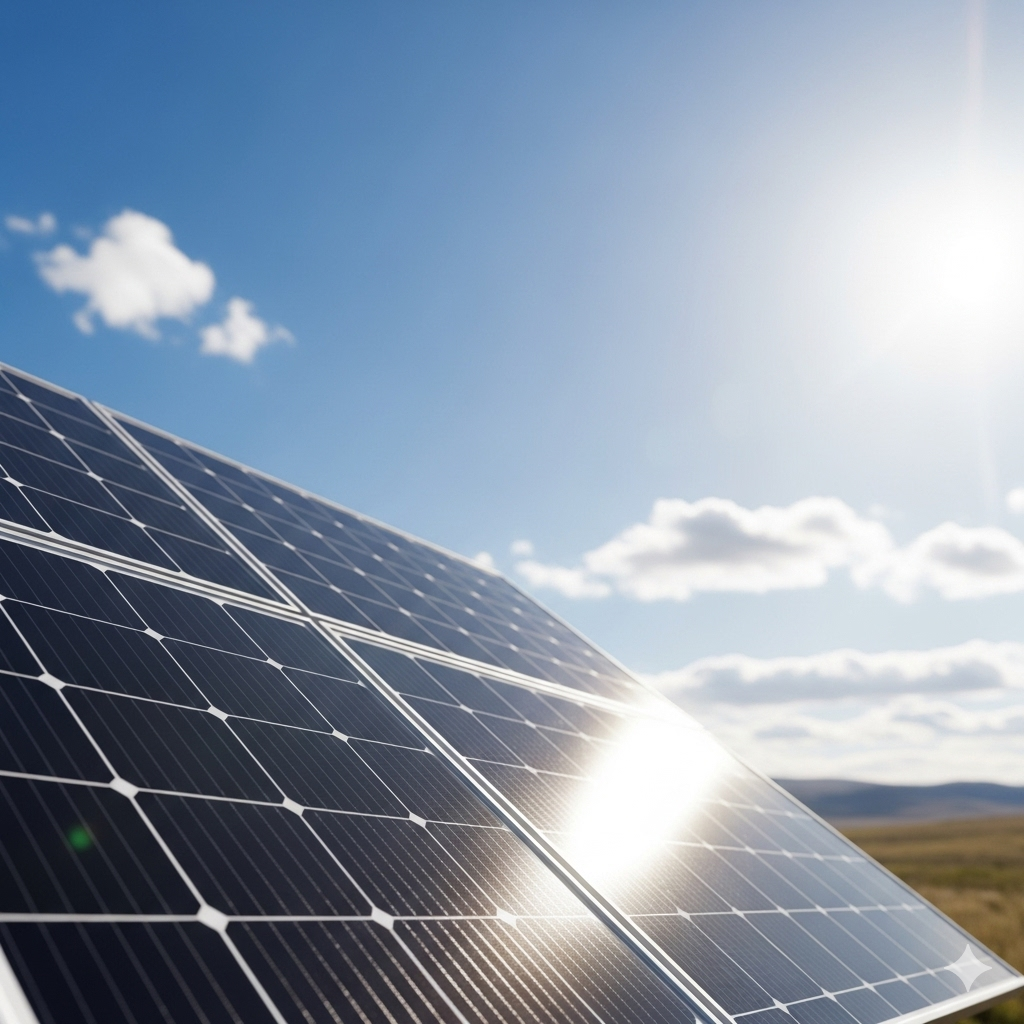The Truth About Solar Panel ROI and Payback Periods

Investing in solar panels is one of the smartest ways to cut electricity costs and increase your home’s value—but many homeowners ask the same question: “When will my solar panels pay for themselves?”
The answer isn’t one-size-fits-all. Several factors affect the return on investment (ROI), such as the size of your system, installation costs, available tax credits, and how much you currently spend on electricity.
On average, most homeowners in the U.S. reach solar payback in about 7–10 years. In sunnier regions with higher electricity rates, the payback period can be even shorter. After that, your panels are essentially generating free power for years to come.
Curious about your own savings? Try our free Solar ROI Calculator
Key Factors That Influence Solar ROI
- System Size & Power Output
The more panels you have—and the more efficient they are—the more electricity you’ll generate and the faster you’ll see savings. - Installation Costs
Prices vary depending on your installer, location, and the type of solar system you choose. Get a personalized solar quote to see what works best for your home. - Tax Incentives & Rebates
Many governments and utilities offer rebates or tax credits that can significantly lower upfront costs, speeding up your payback timeline. - Your Current Electricity Bill
If you’re paying high rates for electricity, your savings with solar will be much greater compared to someone with a lower utility bill.
How to Calculate Your Solar Payback Period
One simple formula you can use is:
Cost of Solar System ÷ Annual Energy Savings = Payback Period
Example:
If your solar system costs $20,000 and your yearly savings are $2,000, you’ll break even in about 10 years.
For DIY numbers, you can also use trusted tools like those from the EPA, SEIA, or the National Renewable Energy Laboratory (NREL).
Other Considerations for Solar ROI
- Maintenance Costs – Solar panels are low-maintenance, but occasional cleaning or repairs may be needed.
- Panel Degradation – Energy output decreases slightly each year, usually about 0.5%–1% annually.
- Electricity Inflation – As utility prices rise, your solar savings actually grow, making your ROI even better over time.
Final Thoughts
Calculating the ROI of solar panels is essential before making the switch. While the average payback is between 7 and 10 years, your actual timeline depends on where you live, how much power you use, and the incentives available in your area.
After breaking even, your solar panels will continue to generate decades of savings, making them not just an eco-friendly choice—but also a smart financial investment.
Ready to take control of your energy bills? Book your free solar consultation today and see how quickly your panels can start paying for themselves.